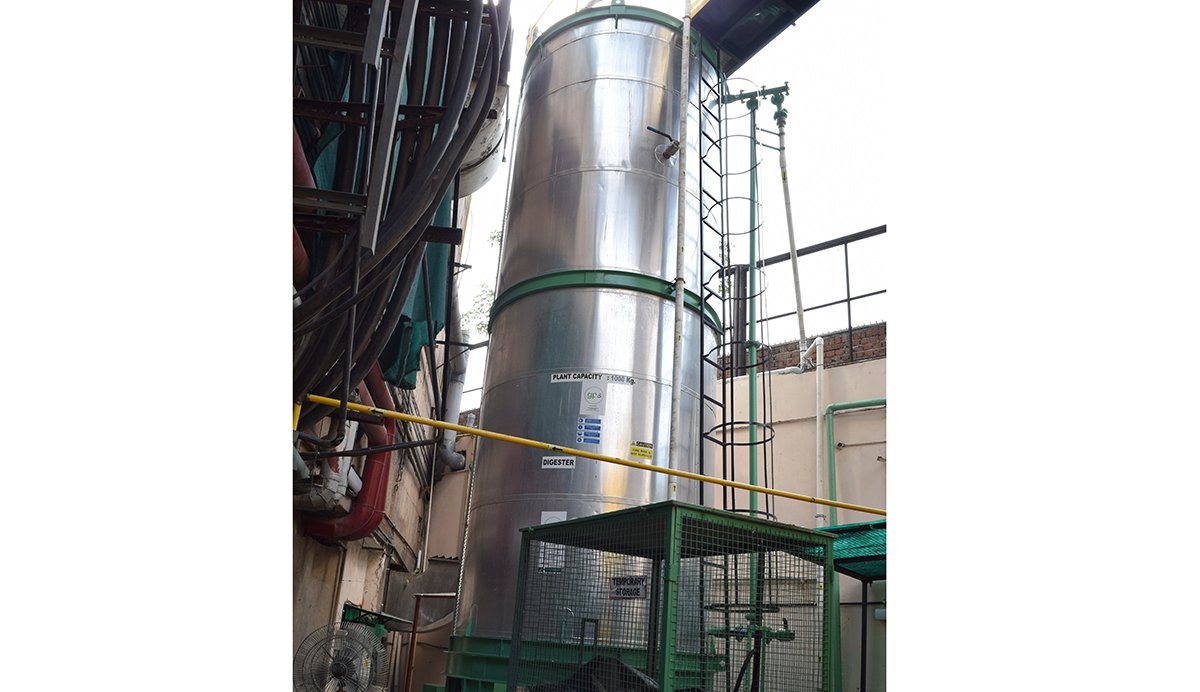Waste Management
Programme across India
India
With the rapid rise in population, coupled with increasing urbanisation and consumption in India, the amount of waste generation has also drastically increased. This creates adverse impacts on the surroundings, including pollution of soil and water bodies. The mismanagement or improper handling and management of waste can lead to a number of environment and health hazards, including but not limited to, contamination of soil, groundwater and water bodies, unsanitary living conditions near dump sites/landfills, greenhouse gas emissions and other toxic gas emissions. There is an urgent need for waste management ‘Implementation Organisations’ to use a sustainable financial model to scale up operations and to reduce their dependence on investors/donors in the initial years. Carbon Finance is a viable tool to aid in the increasing costs of setting up and maintaining decentralised waste management systems, including the high labour and operational costs.
Background of Project
The disposal of Municipal Solid Waste (MSW) has always been a matter of concern for a country like India as it is usually disposed of in a landfill or other Solid Waste Disposal Sites (SWDS). Despite laws and guidelines put in place, the landfills remain in an unsanitary condition and illegal dumping of waste takes place in non-sanctioned areas. These landfill sites contribute to 20% of the global anthropogenic methane emissions. Toxic gas emissions from landfills pose a serious threat to the environment as well as on human health. The aim of the programme is to enable expansion and scaling up of existing waste management units and technologies, as well as enable new units, facilities and improved technologies across the waste management sector in India through carbon revenues.
The Project
The programme will enable organisations in the waste sector to maintain their current operations and scale up significantly, through the implementation of various technologies. The Implementation Organisations involved are established and experienced in the field of waste management in the country. It comprises private start-ups in the waste management sector, who implement a range of innovative waste management technologies, aimed at diverting waste away from landfills and dumpsites for efficient resource recovery. The various technologies will be employed at a central level such as a composting facility or large biogas plant, as well as at the household level.
Technologies/measures and eligibility under Gold Standard,
- Composting of organic wastes
- Biogas for Thermal Applications
- Bio-CNG for transport applications
- Biogas for Electricity Generation
The Benefits
The programme has a multitude of benefits, foremost of which is the reduction in waste buried in landfills or burned in incinerators, thus avoiding GHG emissions, considerably. The waste is collected and managed in a proper manner and the residual waste is prevented from further disposal and is instead used for soil and agricultural purposes. Through the project, the share of renewable energy sources increases as there is reduction in pollutants resulting from fossil fuel dependent power generation. The Bio-CNG produced is utilised in CNG vehicles or modified vehicles. The programme creates local employment opportunities for implementation of programme activities. Due to resource recovery from solid wastes there is less resource extraction and manufacture of new material.





